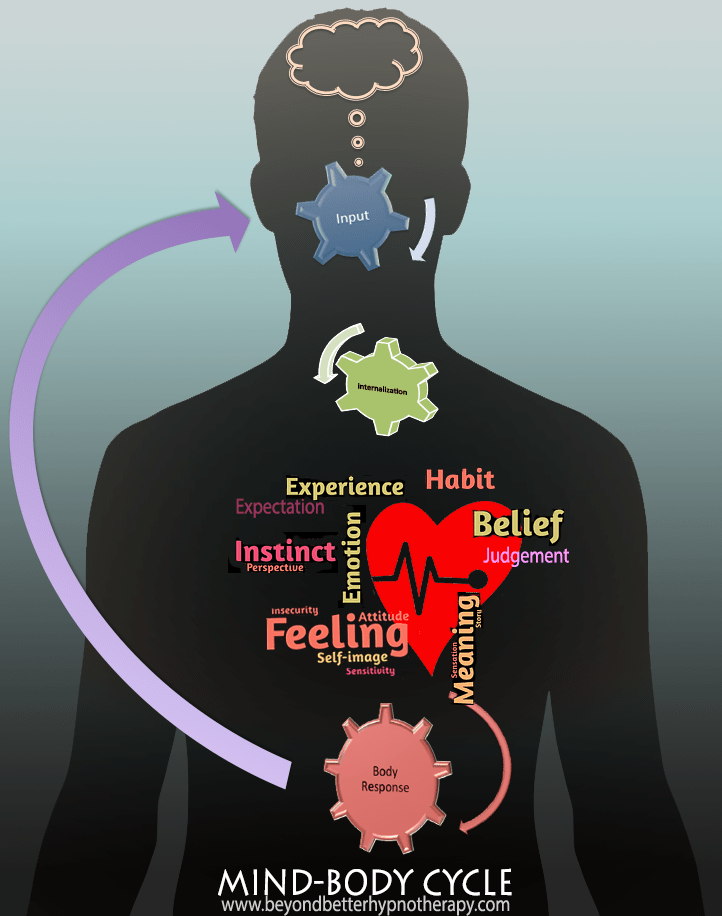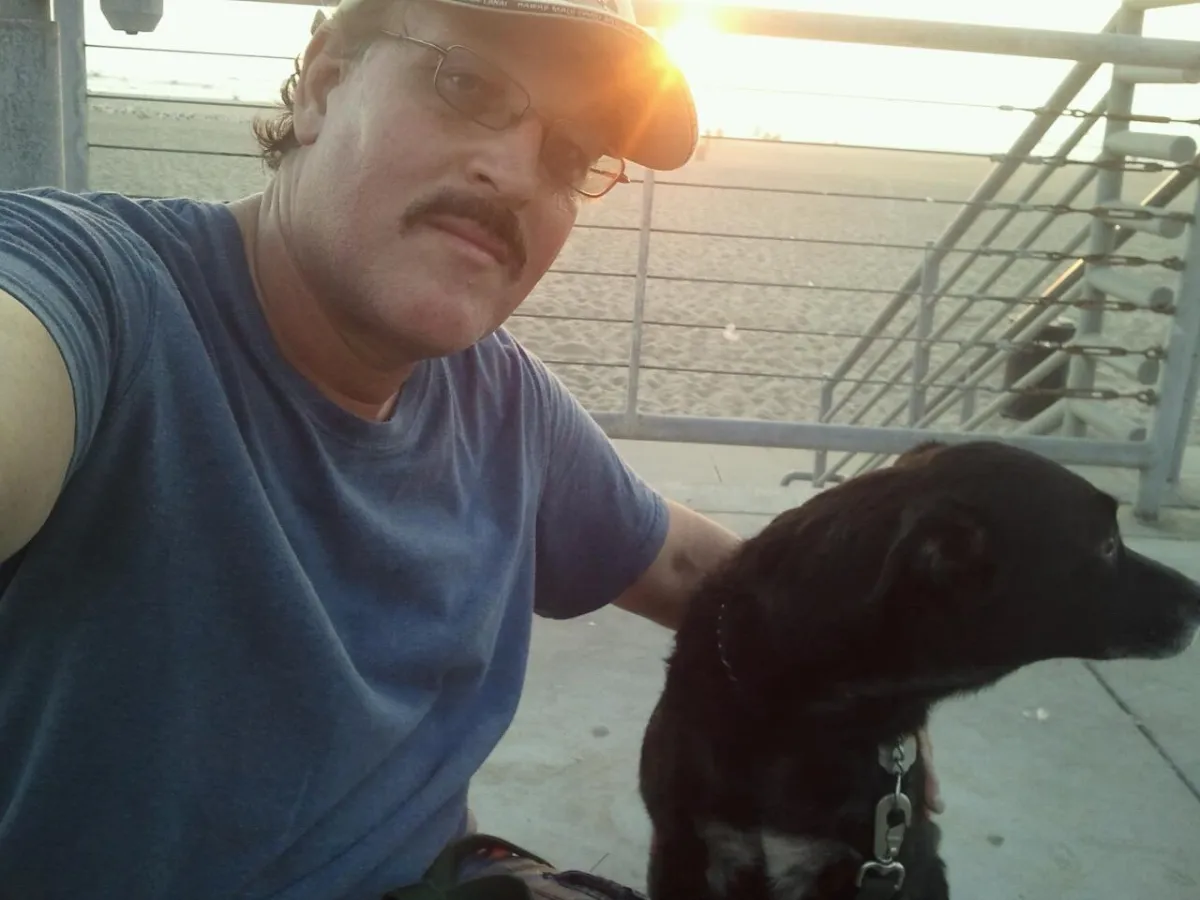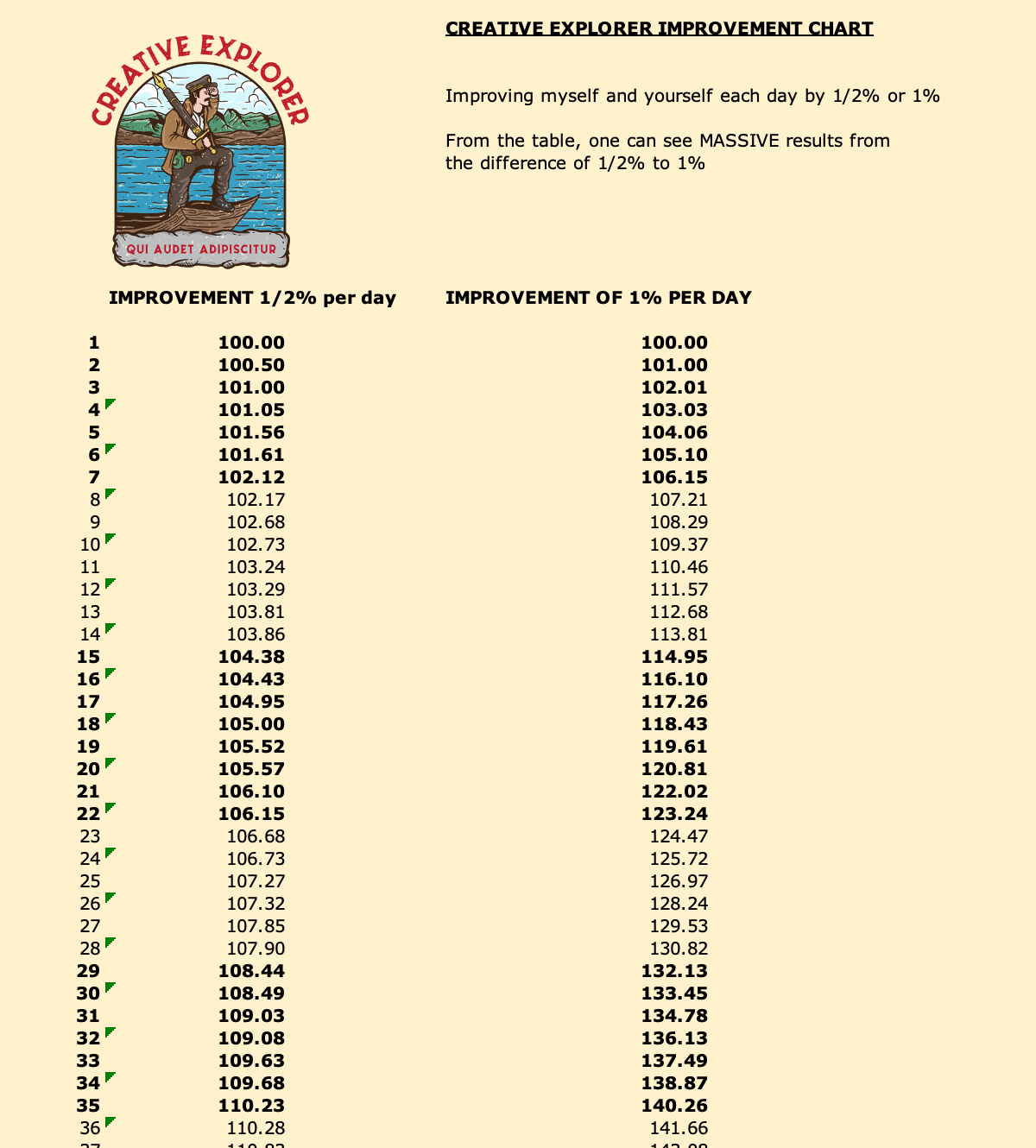
CreativeExplorer-MichaelMandaville.com
I work in Film. I live in Martial Arts. I thrive in Imagination.
WHY I LIKE THIS VIDEO: Kurosawa was a master filmmaker, relying on image to convey his emotions. How he captures emotions with this imagery is conceptually brilliant. I could watch this video a hundred times and always learn more.
Featured Video or Article

Gut Instinct: Believe in It. It Believes in You.
The “Gut Instinct” has become recognized more and more by the scientific community.
So it can be a powerful influence on your choice of a "Why" - the great reason for your driving passion and enthusiasm toward a goal. Beyond reason lies your gut instinct.
But being an intelligent person with Common Sense, you knew that all along!
Humans and our “Being” is composed of multiple mental ‘partners’ in our daily life. For the sake of simplicity, I think of these parts as

Logic - thinking about evidence, cause and effect, the ‘parts’ working with the whole
Inner Voice - A good voice and a negative voice. I call my negative voice “The Inner Roomate” who is not such a good person. Imagine a terrible roommate. Still, I have to deal with this roommate and get along. Not beat them up and ignore them. Otherwise I am cutting off a part of my ‘humanity’. On the good side, I think “Common Sense” is also this positive inner voice.
Inner Heartfelt Desire - A unique emotional enthusiasm for a purpose, goal and meaning.
Subscribed
I think of the “Gut Instinct” as a connector between these elements as a ‘bridge’ between the Logic, Inner Voice and Heartfelt Desire. Now I’m not a doctor but this is my perspective.
Was I at all right?
Medical Outlook on the “Gut Instinct”
Well, I was pretty close. I did some research on a few articles (links down below) and found one from Johns Hopkins medicine which is a well-regarded institution.
If you’ve ever “gone with your gut” to make a decision or felt “butterflies in your stomach” when nervous, you’re likely getting signals from an unexpected source: your second brain. Hidden in the walls of the digestive system, this “brain in your gut” is revolutionizing medicine’s understanding of the links between digestion, mood, health and even the way you think. (Source: Johns Hopkins Medicine)
This is called the enteric nervous system (ENS) and is composed of two thing layers of more than 100 million nerve cells lining your gastrointestinal tract. Read that again:
100 Million nerve cells. 100 Million. Nerve. Cells.
Now most of these nerve cells are dealing with intestinal work back and forth with the Central Nervous System. Problems with the intestinal tract can cause digestive and bowel problems - which increase depression and anxiety.
Why Do I Need to Know This?
Awareness.
If we are Beings who only rely on Logic, then we will have a logical existence and this ‘filter’ becomes our primary focus. Welcome Mr. Spock. But if we have an awareness of our gut instinct, then we can also have an “Awareness” of our other incredible attributes as Human Beings: Inner Voice (the positive Common Sense part) and Inner Heartfelt Desire
We can proceed logically with our lives: Get a job, do the work, get the check, pay the bills, have some Diversions and Distractions (check out a previous article here) and that’s it. Rinse and Repeat as the saying goes.
Or we can become more Aware of all the moving parts of ourself as Human Beings. The Heartfelt Desire comes about with a number of moving parts:
You do realize about your Common Sense when someone tries to convince you about something - human behavior, a new belief value, how investing in crypto will make you a billionaire or a hundred different propositions. But what happens? Your Common Sense intercedes. “Just doesn’t make sense” comes from your head - and that gut Instinct.
Our Inner Voice - telling us that there is ‘more to life’ than the usual cycle of ‘logical administrative living’. Our excitement and enthusiasm for certain subjects, work, interests, etc., is where we get Flow and time flies by because we are so excited and engaged.
Survival and Gut Instinct
In his bestselling book "The Gift of Fear", security expert and author Gavin de Becker discusses violence and indicators.
From Wikipedia:
By finding patterns in stories of violence and abuse, de Becker seeks to highlight the inherent predictability of violence. The book explores various settings where violence may be found—the workplace, the home, the school, dating—and describes what de Becker calls pre-incident indicators (PINS). By noticing PINS (events and behaviors that often precede violence), individuals can better predict violence before it occurs and, therefore, take the necessary precautions and actions to stay safe. The Gift of Fear also describes de Becker's MOSAIC Threat Assessment Systems, which have been employed by various celebrities and government agencies to predict and prevent violence.
PINS (Pre-Incident Indicators)
Forced Teaming - This is when a person implies that they have something in common with their chosen victim, acting as if they have a shared predicament when that isn't really true. Speaking in "we" terms is a mark of this, i.e. "We don't need to talk outside... Let's go in."
Charm and Niceness - This is being polite and friendly to a chosen victim in order to manipulate him or her by disarming their mistrust.
Too many details - If a person is lying they will add excessive details to make themselves sound more credible to their chosen victim.
Typecasting - An insult is used to get a chosen victim who would otherwise ignore one to engage in conversation to counteract the insult. For example: "Oh, I bet you're too stuck-up to talk to a guy like me." The tendency is for the chosen victim to want to prove the insult untrue.
Loan Sharking - Giving unsolicited help to the chosen victim and anticipating they'll feel obliged to extend some reciprocal openness in return.
The Unsolicited Promise - A promise to do (or not do) something when no such promise is asked for; this usually means that such a promise will be broken. For example: an unsolicited, "I promise I'll leave you alone after this," usually means the chosen victim will not be left alone. Similarly, an unsolicited "I promise I won't hurt you" usually means the person intends to hurt their chosen victim.
Discounting the Word "No" - Refusing to accept rejection.
Pay Attention To Your Gut Instinct Moments
Why?
Because that activity is what you really want to do with your life.
These are your Dedications. Dedications are what you’d really like to do if you could. Dedications live in your Gut Instinct and your Heartfelt Desires for Authenticity, Fulfillment and Contribution to Your Family and Community. You’d be surprised how your own Fulfillment echoes farther out to family, friends and strangers because you are operating in the moment, truly present in the Now and, darn it…happy.
Listen to your Gut Instinct. Become Aware of your Gut Instinct.
Use it for your Direction in Life.
Surprise yourself.
SOURCES:
https://www.hopkinsmedicine.org/health/wellness-and-prevention/the-brain-gut-connection
https://sitn.hms.harvard.edu/flash/2020/the-secret-life-of-gut-neurons/

Did You Know...
... if you improve 1/2% each day, then you will be 267% better over one year? Who can compete with that?

Setting Yourself Up for Success usually doesn't mean one big jump but rather incremental change day after day. Think of it like a ocean wave, moving far out in the Pacific with almost an undetectable push...finally with the power and grace of an ocean wave onto the beach. Create your own metaphor to embrace small habits with a huge future impact.



Facebook
Instagram
X
LinkedIn
Youtube
Website